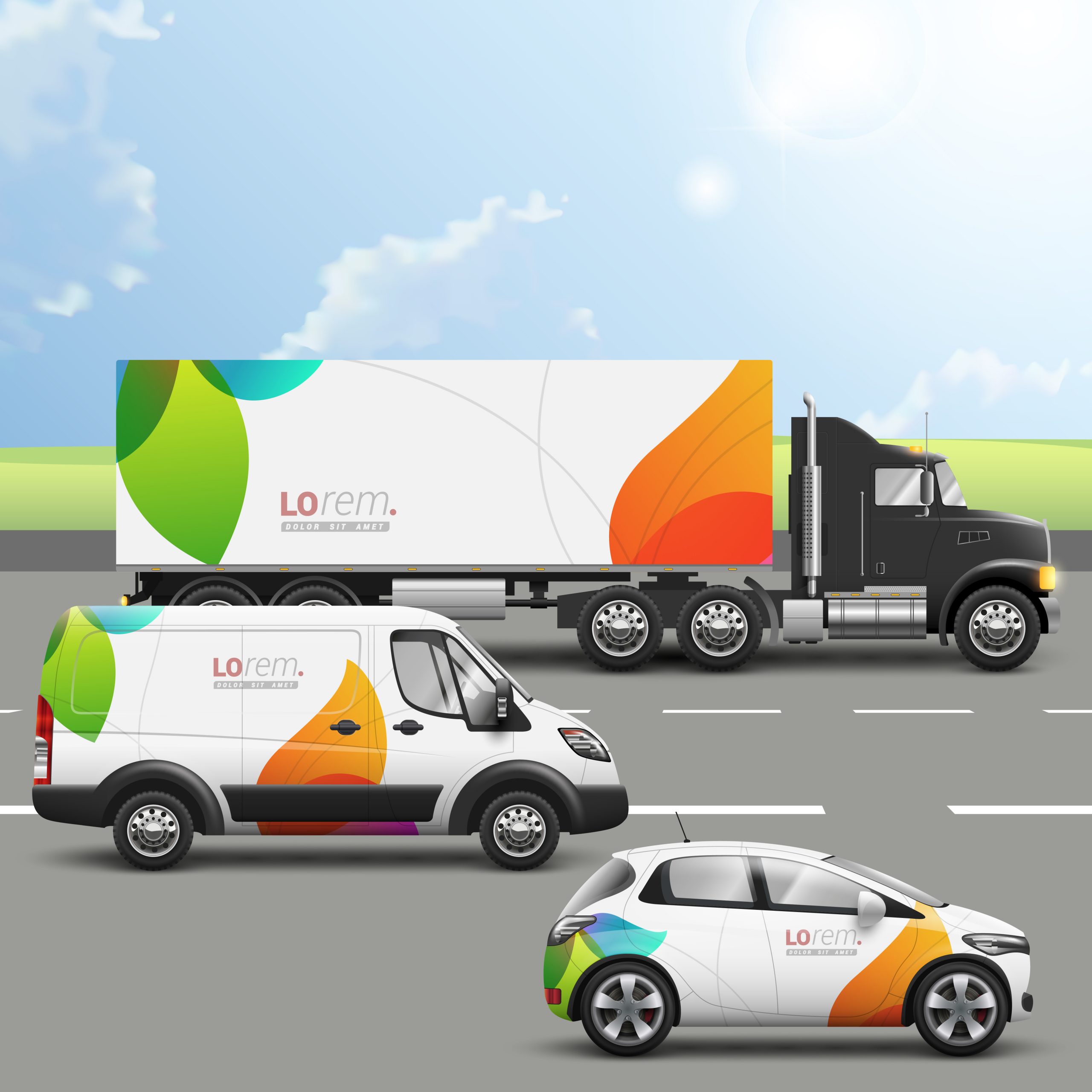
A car accident of any kind can be stressful and lead to a complicated insurance process. You may not know who is responsible for causing the crash or paying for your medical bills and other damages. If you discover that the other vehicle in your collision is a company car, this could change how you handle an insurance claim. Rather than only having the other driver to blame, you may be able to hold the company vicariously liable.
What Is Vicarious Liability?
A company vehicle is any car, truck, bus or cargo van that a company owns and one of its employees operates. Most companies use company cars to haul goods or equipment. Others lend company cars to employees as daily drivers or for commutes. When a car accident in Texas involves a company car, the rule of vicarious liability may come into play. Insurance companies may handle the claims process differently due to a rule that holds employers vicariously responsible for the actions and negligence of their employees.
After any type of accident involving an employee, if that employee was at work or performing work-related tasks at the time of the accident, the company or employer could be liable for the victim’s damages. Rather than only being able to hold the individual employee liable, you may be able to bring a claim against the company based on the rule of vicarious liability – a rule that says let the master speak for the servant. This can benefit you since, in general, a company will have more insurance coverage than an individual employee. This could lead to a higher payout for your car accident insurance claim.
How to Prove Fault for a Company Car Accident
Holding a company responsible for an accident involving one of its vehicles requires proof of fault. Since Texas is a fault state, you cannot receive compensation for a car accident until you prove the other driver’s fault. Proving fault takes establishing evidence of four main elements, in most cases.
- Duty of care. The driver or employee must have owed you a duty of care at the time of your collision. All drivers have a responsibility to reasonably prevent accidents by exercising due care behind the wheel.
- Breach of duty. The employee must have breached his or her duty of care to you through an act of negligence. Common examples in car accident cases include speeding, texting and driving, driving while drowsy, and breaking roadway rules.
- The employee’s breach of duty must be the direct cause of your car accident. If something or someone else caused or contributed to the crash, this party may owe you compensation instead of the company.
- Finally, you or your car accident lawyer must prove that you sustained damages because the employee breached a duty. Damages include property damage, medical costs, lost wages, and pain and suffering.
Proving fault and vicarious liability can be easier with help from an attorney. A San Antonio car accident lawyer will have the knowledge and resources to investigate your crash, identify the at-fault party and bring a strong claim against the company for the negligence of its employee.
What If the Company Is a Government Entity?
If an employee or agent of the government crashes into you in Texas, the defendant named in your insurance claim will be the overarching government agency. If a reckless police officer caused your crash, for example, you would bring a claim against the police department. A case against the government in Texas has different rules than an average car accident case. In general, you will only have six months to file your claim rather than Texas’s typical statute of limitations of two years. Work with an attorney after any type of car accident involving a company vehicle for assistance with the claims process.
